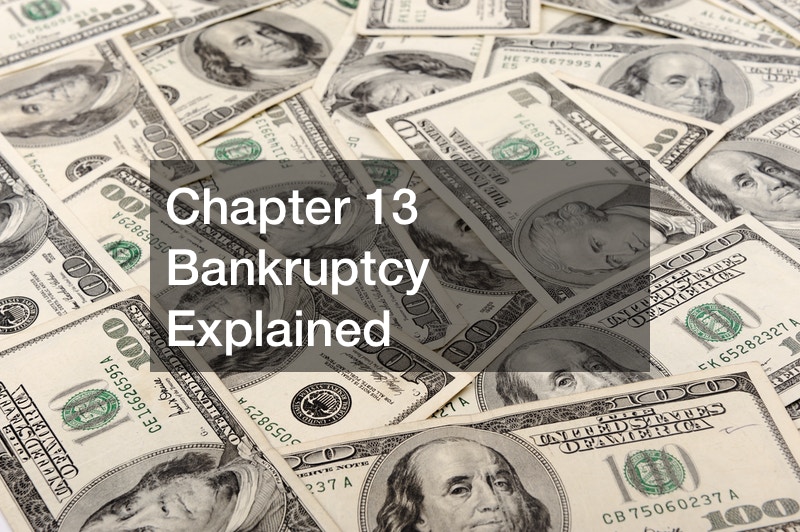
Finding a great employment attorney is a critical step for anyone facing workplace disputes, discrimination, wrongful termination, or other employment-related issues. An experienced and skilled attorney can make a significant difference in the outcome of your case, ensuring that your rights are protected and that you receive the compensation or resolution you deserve.
However, selecting the right attorney can be daunting given the myriad of options available. This guide will walk you through the essential steps to help you find a great employment attorney who is well-suited to your specific needs.
1. Understand Your Needs
Before embarking on your search, it’s essential to clearly understand the nature of your employment issue. Employment law covers a broad spectrum of areas, including:
Discrimination and Harassment: Cases involving unfair treatment based on race, gender, age, disability, or other protected characteristics.
Wrongful Termination: Situations where an employee believes they were fired without just cause or in violation of their contract.
Wage and Hour Disputes: Issues related to unpaid wages, overtime, or misclassification of employees.
Employment Contracts: Negotiating or enforcing terms of employment agreements.
Workplace Safety: Violations of occupational safety regulations.
Identifying the specific area of employment law relevant to your situation will help you find an attorney with specialized expertise, increasing the likelihood of a favorable outcome.
2. Research Potential Attorneys
Start your search by gathering a list of potential attorneys. Here are some effective ways to find qualified employment lawyers:
Referrals: Ask friends, family, or colleagues if they have any recommendations based on personal experiences.
Professional Associations: Organizations like the American Bar Association (ABA) or your state’s bar association often have directories of specialized attorneys.
Online Directories: Websites such as Avvo, Martindale-Hubbell, and FindLaw provide comprehensive listings, including reviews and ratings.
Legal Aid Services: If you’re unable to afford private counsel, legal aid organizations can offer assistance or referrals to reputable attorneys.
3. Evaluate Qualifications and Experience
Once you have a list of potential attorneys, delve into their qualifications and experience:
Education and Credentials: Verify that the attorney has a valid license to practice law in your state and check their educational background.
Specialization: Ensure the attorney specializes in employment law. General practitioners may lack the depth of knowledge required for complex employment cases.
Experience: Look for attorneys with a proven track record in handling cases similar to yours. Experience can significantly impact the effectiveness of representation.
Reputation: Investigate the attorney’s standing within the legal community. Awards, recognitions, and high ratings from peers can indicate a reputable professional.
4. Check Reviews and Testimonials
Client feedback provides valuable insights into an attorney’s capabilities and client service:
Online Reviews: Read reviews on platforms like Google, Yelp, or specialized legal review sites. Pay attention to both positive and negative feedback to get a balanced view.
Testimonials: Review testimonials on the attorney’s website to understand their success stories and client satisfaction levels.
References: Don’t hesitate to ask the attorney for references. Speaking directly with former clients can offer firsthand accounts of their experiences.
5. Schedule Consultations
Meeting with potential attorneys is crucial to assess their suitability for your case:
Initial Consultation: Most attorneys offer a free initial consultation. Use this opportunity to discuss your case, understand their approach, and evaluate their expertise.
Questions to Ask:
What is your experience with cases like mine?
What is your success rate?
How do you communicate with clients?
What are the potential outcomes of my case?
How do you charge for your services?
6. Discuss Fees and Payment Structures
Understanding the financial aspect is essential to avoid unexpected costs:
Fee Structures: Employment attorneys may charge hourly rates, flat fees, or work on a contingency basis (where they receive a percentage of the settlement if you win).
Transparency: Ensure the attorney provides a clear explanation of their fee structure and any additional costs that may arise.
Affordability: Discuss your budget and see if the attorney offers flexible payment plans or sliding scales based on income.
7. Assess Communication Skills
Effective communication is vital for a successful attorney-client relationship:
Responsiveness: Pay attention to how promptly the attorney responds to your inquiries. Timely communication can significantly impact your case’s progress.
Clarity: The attorney should explain complex legal terms and processes in a way that is easy to understand.
Accessibility: Ensure the attorney is accessible when you need to discuss your case and that they are willing to keep you updated on developments.
8. Evaluate Professionalism and Compatibility
Your attorney should not only be skilled but also someone you feel comfortable working with:
Professionalism: The attorney should demonstrate integrity, reliability, and a strong ethical compass.
Compatibility: A good rapport and mutual respect are essential. You should feel confident that the attorney genuinely cares about your case and is committed to advocating on your behalf.
Personal Connection: Trust your instincts. If something feels off during the consultation, it might be best to consider other options.
Watch the video above to learn more!.




